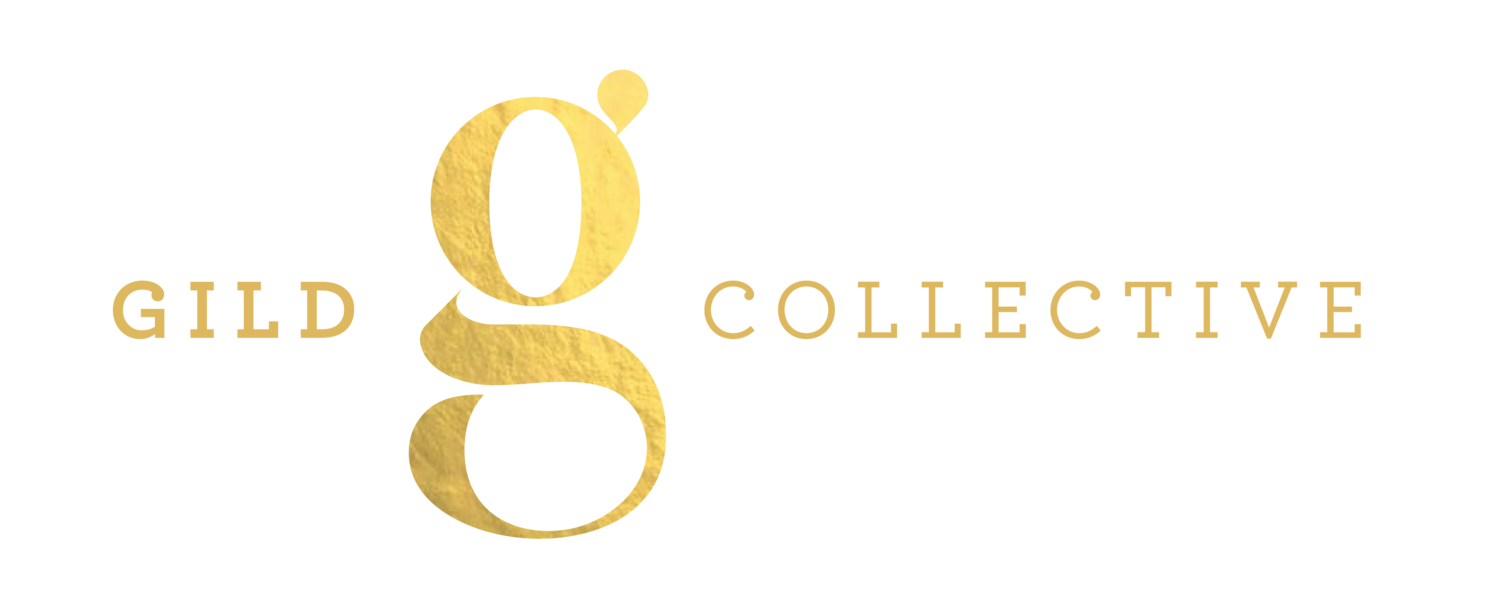Episode Overview
In a world where organizations are striving to implement diversity, equity, and inclusion practices, this episode of Transform Your Workplace explores why it’s essential for leaders to acknowledge and address disparities when it comes to gender. Together with host Brandon Laws, we shed light on the fact that women are still leaving companies at alarming rates post-pandemic, primarily due to a lack of supportive workplace practices and policies after recruitment. Tune in and learn more about how you can provide adequate support to retain your top female talent.
TAKEAWAYS
Empathy is a critical soft skill for driving change, interrupting bias, and implementing equitable workplace systems.
While many companies initially embraced diversity and inclusion efforts, resistance and a desire to return to the status quo can hinder their progress.
Acknowledging and addressing personal biases is challenging, but awareness can lead to meaningful change.
Women face unequal treatment at work, requiring a shift in how organizations address these disparities.
Because diverse perspectives drive innovation, companies with greater gender and ethnic diversity tend to outperform their competitors.
Organizations should avoid one-size-fits-all approaches and instead tailor gender equity initiatives to their specific needs.
After listening
If you are interested in furthering your organization’s journey towards gender equity, it's integral to know where to start. We have a very simple audit that listeners can fill out at: gildcollective.com/start
It takes less than five minutes to fill out a few simple questions and receive a detailed “prescription” of the best next steps your organization can take.
Resources
Spent - poverty simulation
Killing Me Softly - choose your own adventure microaggressions experience
The Gender Inequity Simulator from Gild Collective puts participants in the shoes of a unique persona to better understand the varied experiences of diverse individuals in the workplace.
During the interactive program, participants will experience varied workplace scenarios: getting feedback from their manager, receiving or witnessing microaggressions, client meetings and performance reviews. In debriefing on the simulator, participants tie their experiences to broader workplace data and types of bias, creating a foundational understanding of unconscious bias and its impact.


